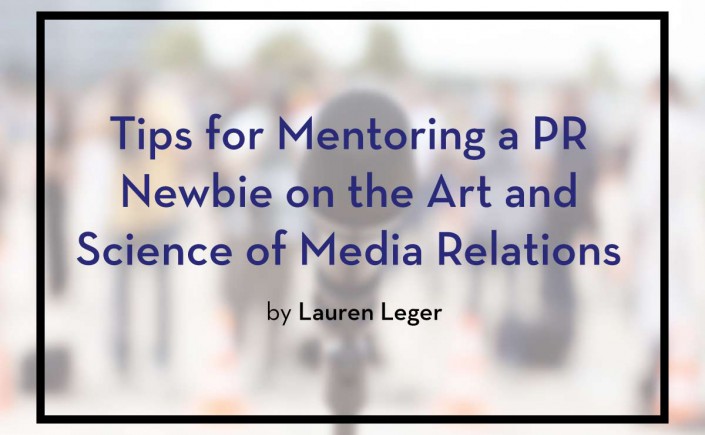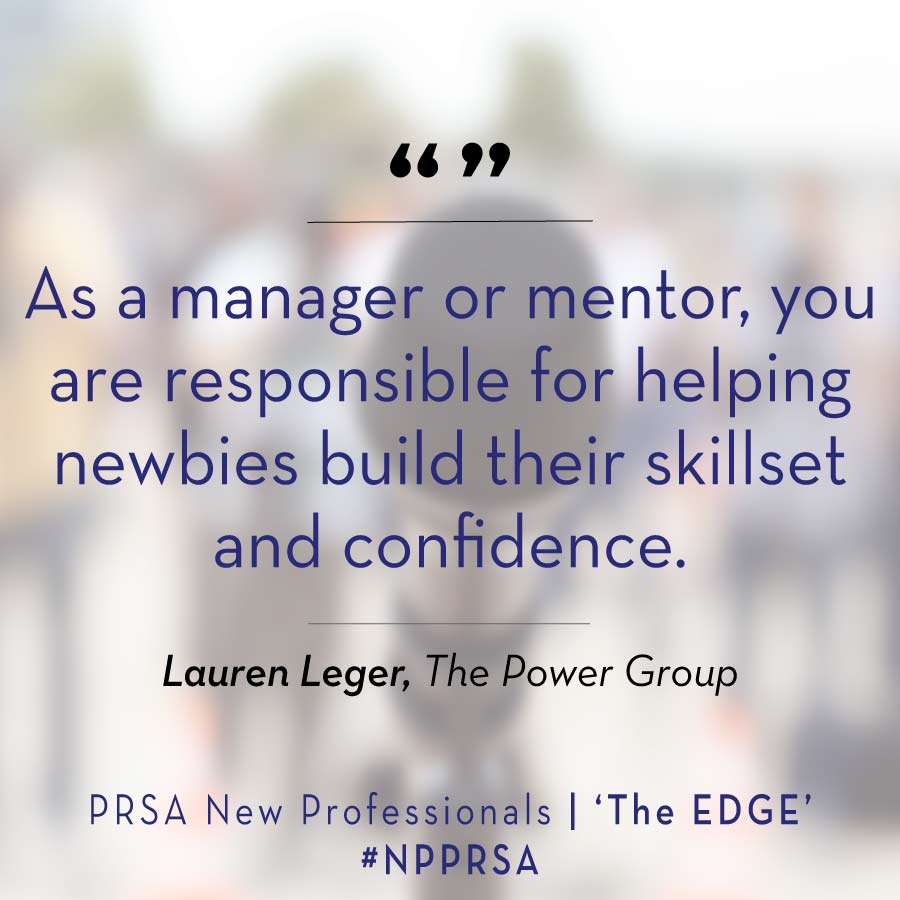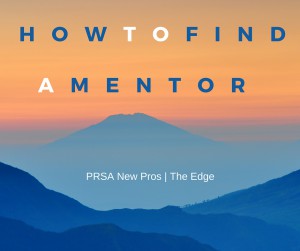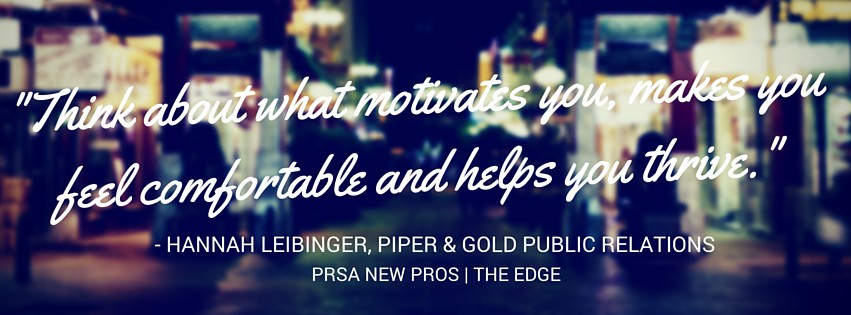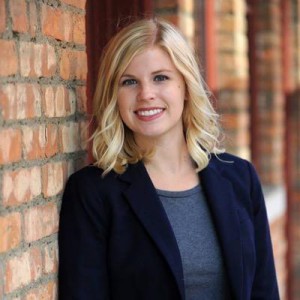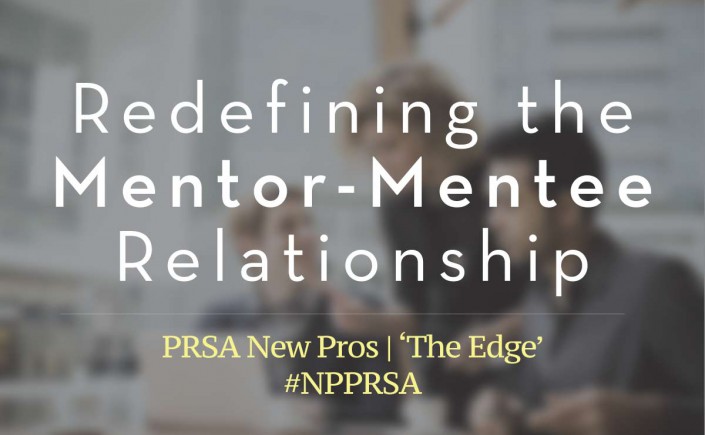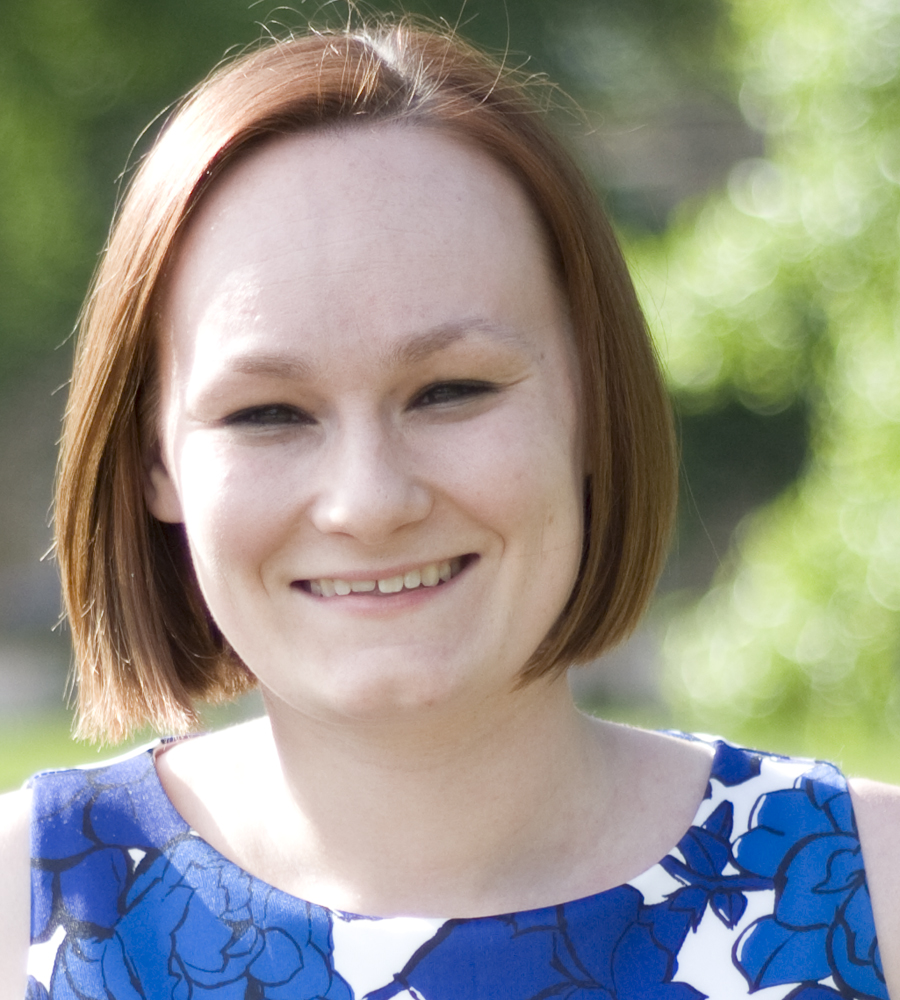So you’ve been asked to train, mentor, or manage a PR newbie on all things media relations. Congrats! Now what? Media relations is an art and a science. Mastering the balance takes practice, and can be challenging to new PR pros starting out in the workplace as an intern or account coordinator. While some colleges teach media relations, many do not, and those that do often only skim the surface.
That being said, those starting out in the PR world could use media relations guidance – a task that often falls on more senior account coordinators, or account executives and account supervisors. Often the shift from new pro to “less new” pro, responsible for helping out the greenest team members, can be tricky. Here are some helpful hints that I’ve found to be helpful, both as I’ve been mentored and have mentored others.
1. Remember that patience is a virtue, and encourage questions.
Be patient with newbies – while you might be an ace at media relations, this is totally new to your mentee, and they will need some time to become an expert. Being patient with them will both encourage and motivate them, and create a more positive experience for both parties. As a manager or mentor, you are responsible for helping newbies build their skillset and confidence. As The Power Group’s account supervisor shared with me when I asked for her advice for this blog post,
“Always have an open door policy for questions. If your new account team member is afraid to ask questions, chances are they’ll come up with their own answers, which can be risky and potentially damage your outreach campaign.”
2. Show and tell – employ a “face-to-face” edits model.
If you receive a less-than-stellar media list from a new pro, don’t be afraid to call him or her over to your desk and go through the list, talking through your thought process. It’s easy to hide not-so-nice feedback behind an email chain, but I’ve found that sharing insight into your own process can be really helpful for new pros. If you’re making a personal connection and talking through your own media relations lessons learned, even better. Don’t hesitate to talk through mistakes made by the intern or account coordinator. It can be tough to deliver that feedback, but it’s crucial for the mentee to hear in order to improve.
3. Give your mentees plenty of opportunities to watch and learn.
I learned so much from my first media relations manager simply by watching how she composed an email to a journalist, coordinated an editorial, or approached booking trade show press appointments. A great (and risk-free) way to learn is simply to soak up everything like a sponge. As a mentor, that means including your mentee in every media relations activity you possibly can. Sitting in on client interviews, tagging along to broadcast segments, and observing media training are all great learning opportunities. Leveraging industry publications and organizations, such as PRSA and Cision, is also a great way for mentees to learn. Mandatory webinars and lunch and learns are a great way for an intern or account coordinator to “familiarize faster,” according to my account supervisor Jordan Liberty.
What are some of the more helpful things your direct supervisors have done to guide you in your media relations learning? What are some tips that you would add to this list?
As digital account executive at The Power Group, Lauren creates custom digital strategies, crafts tailored social media content, and manages social media accounts on behalf of clients. She also leads Power’s inbound marketing efforts, and is certified by HubSpot Academy in Inbound Methodology. Lauren’s expertise is in B2B and technology. She started at Power in the fall of 2014 as an account executive, and manages select PR accounts. (Connect with Lauren on LinkedIn and Twitter)

